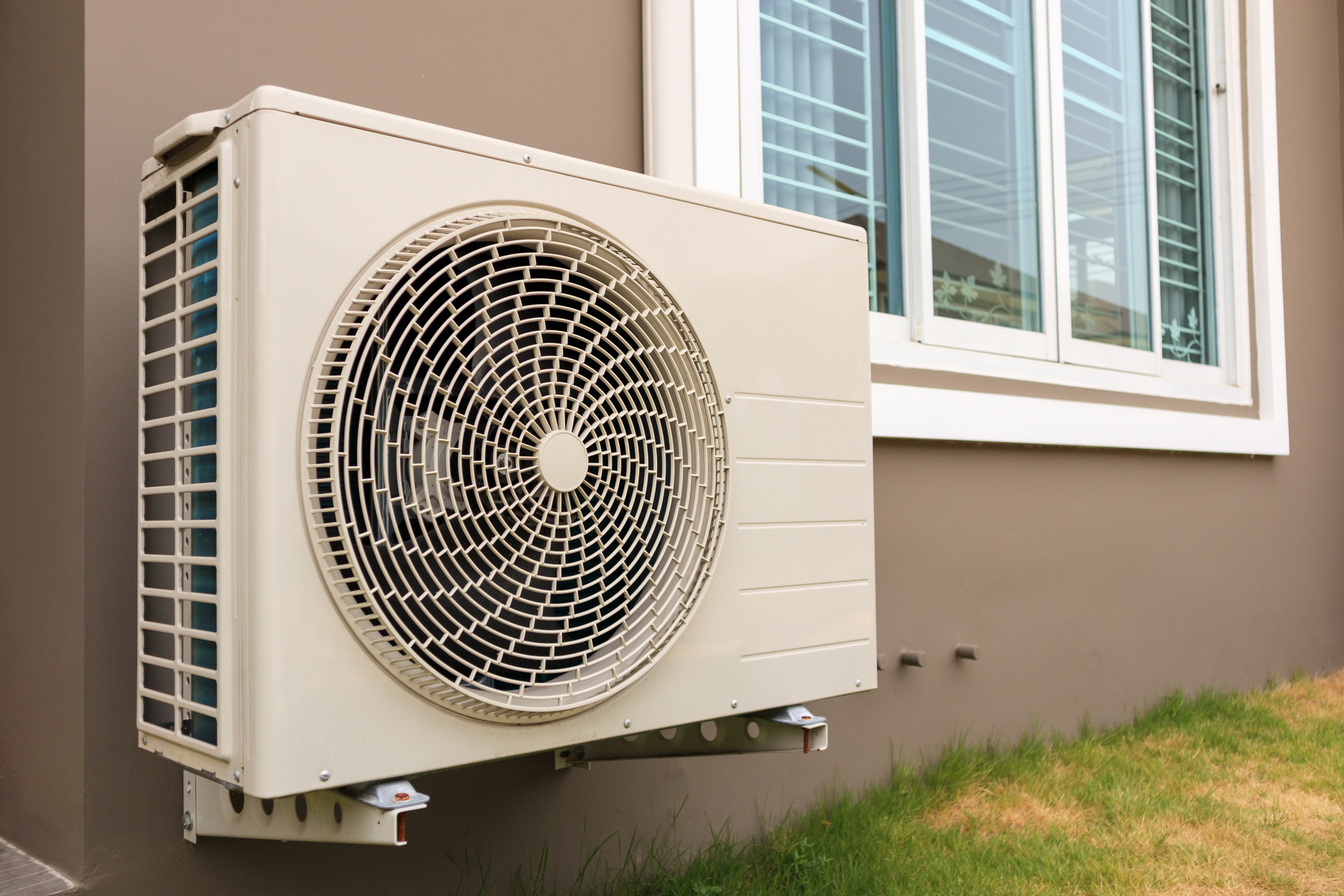As energy costs continue to rise and homeowners look for more efficient heating and cooling, heat pumps have become an increasingly popular option. Unlike traditional HVAC systems that rely on separate units for heating and cooling, heat pumps provide both functions in a single system. However, many homeowners wonder whether the initial investment in a heat pump is truly worth it. This article on heat pump installation explores the key factors to consider, including cost, efficiency, long-term savings, and environmental impact, to help you determine if a heat pump is the right choice for your home.
1. Understanding How Heat Pumps Work
A heat pump is an energy-efficient system that transfers heat rather than generating it. In the winter, it extracts heat from the outdoor air or ground and moves it indoors. In the summer, it reverses the process by removing heat from your home and releasing it outside. Because heat pumps move heat rather than create it, they require less energy than traditional heating systems, making them a cost-effective and eco-friendly solution.
2. Upfront Costs vs. Long-Term Savings
One of the biggest concerns homeowners have about heat pumps is the initial installation cost. On average, a heat pump system can range from $4,000 to $10,000, depending on the type and size. While this may seem expensive upfront, heat pumps can significantly reduce monthly energy bills due to their high efficiency. Many homeowners see a return on investment within a few years through lower utility costs, making them a financially smart choice over time.
3. Energy Efficiency and Reduced Utility Bills
Heat pumps are known for their energy efficiency, often outperforming traditional furnaces and air conditioners. Depending on the climate and home insulation, a heat pump can reduce energy consumption by up to 50% compared to conventional heating and cooling systems. This efficiency translates into lower electricity bills, making it a practical investment for long-term savings. Additionally, modern heat pumps have advanced technology that allows them to work effectively even in colder climates, further increasing their efficiency.
4. Environmental Impact and Sustainability
For homeowners looking to reduce their carbon footprint, heat pumps are an excellent choice. Since they use electricity rather than burning fossil fuels like gas or oil furnaces, they produce fewer greenhouse gas emissions. Many governments also offer incentives and rebates for these installations to encourage the adoption of energy-efficient solutions. By choosing a heat pump, you contribute to a more sustainable and eco-friendly home heating and cooling system.
5. Year-Round Comfort and Versatility
One of the biggest advantages of a heat pump is its ability to provide both heating and cooling. Unlike traditional systems that require separate units for air conditioning and heating, a heat pump efficiently manages both functions. This means you get year-round comfort with a single system, reducing maintenance needs and space requirements. Additionally, some models include humidity control, further enhancing indoor air quality and overall comfort.
6. Suitability for Different Climates
A common misconception is that heat pumps don’t work well in cold climates. While older models struggled in extreme temperatures, modern advancements have made heat pumps more efficient even in freezing conditions. Cold-climate heat pumps use variable-speed compressors and advanced refrigerants to extract heat from the air, even when temperatures drop below zero. However, in extremely cold regions, a backup heating system may be needed to supplement heating during the coldest months.
7. Maintenance and Longevity
Heat pumps generally require less maintenance than traditional HVAC systems. Regular filter changes, annual professional inspections, and occasional cleaning of the outdoor unit are usually sufficient to keep the system running efficiently. With proper care, a heat pump can last 15 to 20 years, making it a long-term investment for homeowners looking for reliability and cost savings.
8. Government Incentives and Rebates
Many local, state, and federal programs offer incentives for heat pump installation to encourage energy efficiency. Homeowners can take advantage of tax credits, utility rebates, and financing options to offset the upfront cost of installation. These incentives make heat pumps a more affordable investment while contributing to energy conservation efforts. Researching available rebates in your area can further improve the financial benefits of switching to a heat pump.
Investing in a heat pump offers numerous financial, environmental, and comfort-related benefits. While the initial cost may seem high, the long-term savings on energy bills, lower maintenance requirements, and sustainability advantages make heat pumps a smart investment for many homeowners. Whether you live in a mild or cold climate, modern heat pumps provide efficient heating and cooling solutions that can enhance your home’s comfort and value.
If you’re considering upgrading to a heat pump, contact us at Supreme Service Today at (410) 788-1114 to assess your home’s needs and explore available incentives. Switch to energy-efficient heating and cooling for a more comfortable and cost-effective future!









